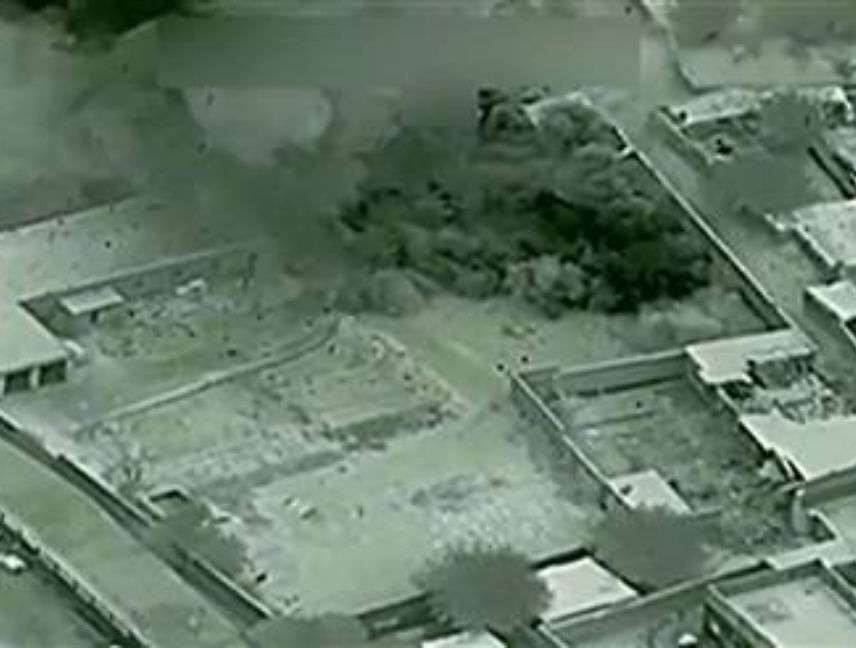U.S. Ramps Up Drug War in Afghanistan
Using F-22 fighters for the first time

Washington has spent more than $8 billion on counternarcotics efforts in Afghanistan since 2002, and it has a record-breaking poppy season in 2017 to show for it. Naturally, it plans to double down
The top American commander in Afghanistan, Gen. John Nicholson, announced yesterday that U.S. airstrikes are now targeting drug labs in that country. This is the first time the U.S. has used F-22s, which cost $340 million apiece, in Afghanistan, and it's the first time U.S. forces have used their new power—granted by President Donald Trump in August—to order airstrikes against Taliban revenue streams. (Previously such strikes could be used only to defend U.S. or allied forces or positions.)
Seven drug labs were bombed in this week's campaign. The Drug Enforcement Administration estimates that there are as many as 500 opium labs across Afghanistan.
Nicholson stressed that the drug war in Afghanistan won't make much of a dent on heroin use here, since only about 4 percent of America's supply of the drug comes from there.
The U.S. has eradicated thousands of hectares of poppy fields over the years, only to see poppy production continue to grow. In this way, the U.S. war on drugs is like the war on drugs writ large: It wastes a lot of money while failing to stem the tide of drugs. A U.N. report this year on poppy production in Afghanistan warned that the rise in production and productivity would lead to lower prices and higher quality opium available on the world markets. A 2013 study saw the same results for anti-drug measures in the U.S., Europe, and Australia.
Targeting opium labs is unlikely to be any more effective than targeting opium fields has been. After all, given the profit margins in the opium trade, rebuilding labs should not be a problem. The U.N. says this year's record crop could lead to increased funding to the terrorist groups that are intimately involved in opium farming. Duh.
In more than 40 years, the U.S. has essentially no success stories in the war on drugs—not domestically and not overseas. It has failed to put a dent in drug use; it has failed to curb supply; it has frequently failed even to drive prices up. Instead, it has precipitated an explosion of new, dangerous drugs for which there would not be a need had other drugs not been prohibited. (The drug war is a major reason crystal meth exists in the first place.)
Meanwhile, policy makers are struggling to find a reason to remain in Afghanistan. On Monday, Nicholson bragged that the U.S. was no longer on a time-based mission (though it's hard to imagine that was ever really true, given the length of the war so far). "The new U.S. strategy on Afghanistan is conditions based not time bound, which means we will eliminate terrorists until the end," he said.
Like the war on drugs, that could go on forever.


Show Comments (23)